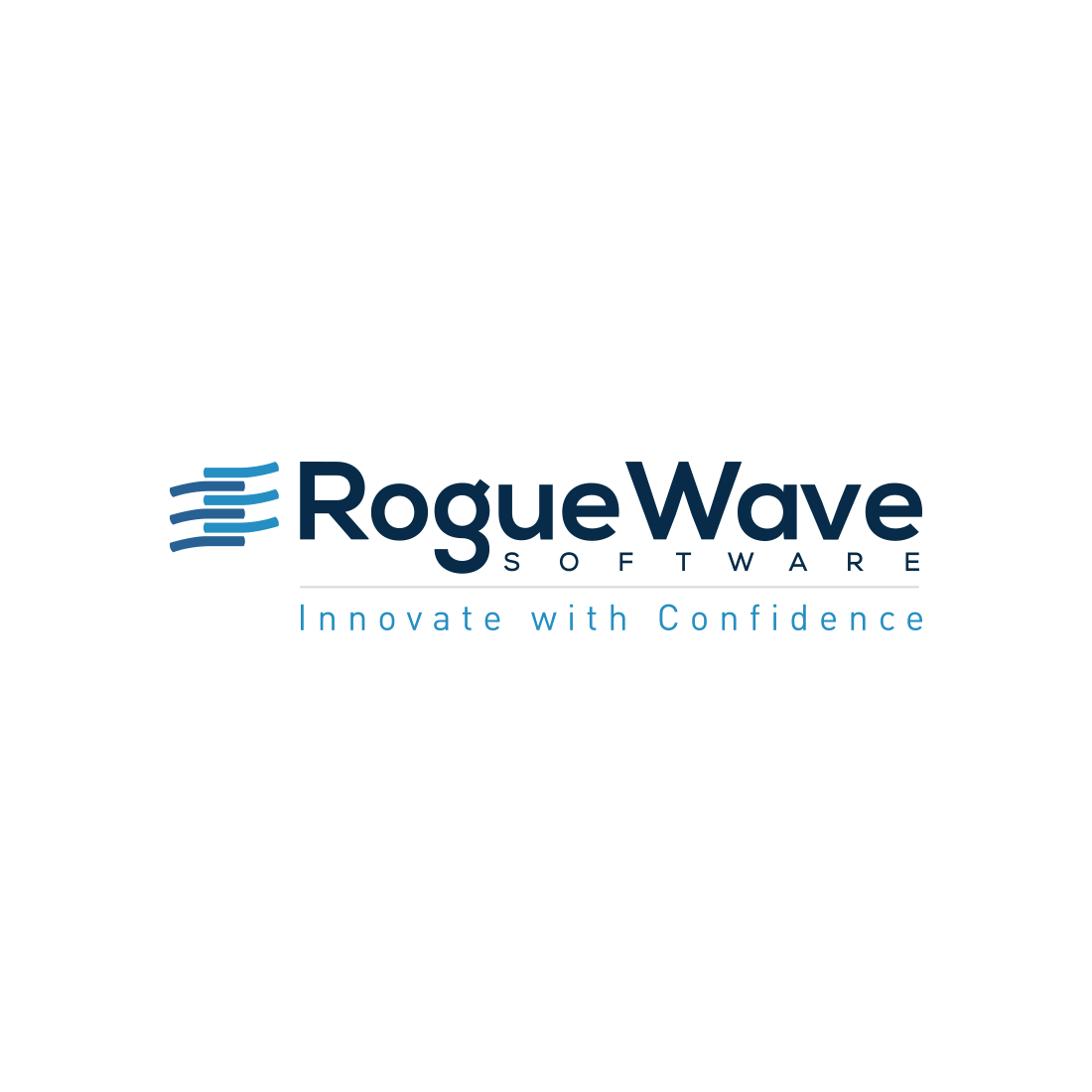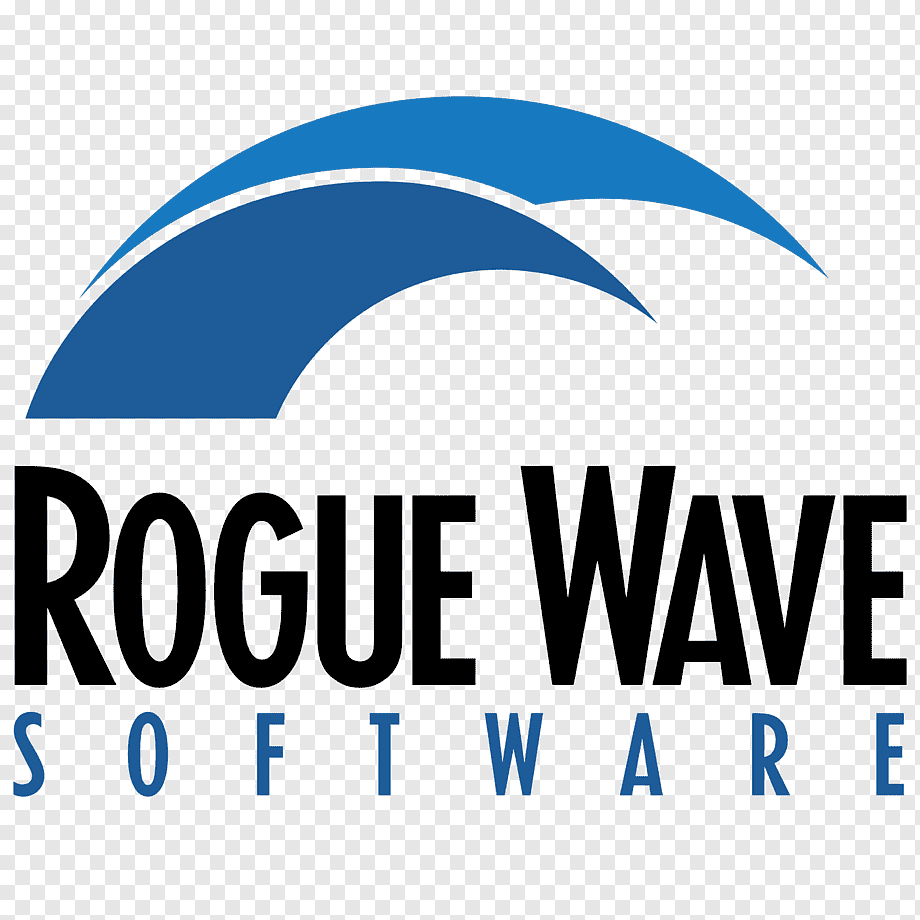In the vast and ever-evolving ocean of software development, where technologies emerge, crest, and sometimes recede, certain companies leave an indelible mark. Rogue Wave Software is one such entity, a name synonymous with high-performance C++ libraries and developer tools that have empowered engineers to build robust, scalable, and mission-critical applications for over three decades. From its pioneering days in reusable software components to its later expansion into a comprehensive suite of development and deployment tools, Rogue Wave has consistently aimed to simplify complexity, enhance reliability, and accelerate the development cycle for some of the world’s most demanding industries.
This article delves into the journey of Rogue Wave Software, exploring its genesis, its flagship products, its impact on the C++ ecosystem, its strategic evolution through acquisitions, and its enduring legacy that continues to resonate within the software engineering community today.
The Genesis: Pioneering Component-Based C++
Rogue Wave Software was founded in 1989 in Corvallis, Oregon, at a pivotal moment in software development history. The C++ programming language, with its object-oriented paradigm, was rapidly gaining traction as the language of choice for complex systems, offering power and flexibility unmatched by many contemporaries. However, C++ development, particularly for enterprise-grade applications, was often a laborious and error-prone process. Developers frequently found themselves "reinventing the wheel," writing fundamental data structures, utility classes, and system interfaces from scratch. This led to inconsistent code, increased development time, and higher maintenance costs.
Rogue Wave recognized this critical pain point and positioned itself as a pioneer in providing high-quality, reusable C++ class libraries. Their initial offerings, such as Tools.h++ and Math.h++, were revolutionary. Tools.h++ provided a comprehensive set of fundamental data structures (vectors, lists, hash tables, etc.) and utility classes, meticulously engineered for performance, thread-safety, and cross-platform compatibility. Math.h++ followed, offering robust numerical computation capabilities. These libraries allowed C++ developers to focus on their application’s core business logic rather than spending precious time on foundational elements. This component-based approach was not just about saving time; it was about elevating the quality and reliability of software by using battle-tested, professionally maintained code.
The early success of Rogue Wave stemmed from several factors:
- Quality and Reliability: Their libraries were renowned for their meticulous engineering, extensive testing, and adherence to C++ standards.
- Performance: Designed for efficiency, these components met the stringent performance requirements of demanding applications.
- Cross-Platform Portability: A key differentiator was the ability of their libraries to compile and run seamlessly across a multitude of operating systems and compilers, a crucial feature for enterprise and embedded systems.
- Excellent Documentation and Support: Rogue Wave invested heavily in providing thorough documentation and responsive customer support, fostering trust among developers.
The Flagship: SourcePro C++
As C++ evolved and applications grew more complex, Rogue Wave expanded its offerings, culminating in its most iconic and enduring product: SourcePro C++. Launched as a consolidation and expansion of its core libraries, SourcePro C++ became the de facto standard for building high-performance, mission-critical C++ applications.
SourcePro C++ is not a single library but a comprehensive suite of integrated C++ class libraries, each targeting a specific area of enterprise application development. Its modular architecture allowed developers to select and integrate only the components they needed, while ensuring seamless interaction between them. Key modules within SourcePro C++ included:
- Essential Tools Module (formerly Tools.h++): The bedrock, providing fundamental data structures, algorithms, internationalization support, and general utility classes. This module significantly simplified common programming tasks.
- DBTools.h++: A powerful and flexible C++ abstraction layer for relational databases. It allowed developers to write database-agnostic code, shielding them from the complexities and vendor-specific APIs of different databases (Oracle, SQL Server, DB2, etc.). This was invaluable for applications needing to connect to multiple database types or for future-proofing against database changes.
- NetTools.h++: For network programming, offering a high-level, object-oriented interface for TCP/IP sockets, client-server communication, and other network protocols. It abstracted away the low-level complexities of network programming, making it easier to build robust and scalable networked applications.
- XMLTools.h++: Provided robust capabilities for parsing, generating, and manipulating XML data, essential for data exchange and configuration in modern applications.
- Threading Tools: Offered advanced thread management and synchronization primitives, crucial for developing high-performance, multi-threaded applications.
- Internationalization Tools: Simplified the process of building applications that could be localized for different languages and cultures, a vital feature for global software deployments.
The profound impact of SourcePro C++ lay in its ability to drastically reduce development time, improve code quality, and enhance application portability and maintainability. Industries like financial services, telecommunications, defense, aerospace, and scientific research—where performance, reliability, and precision are paramount—became primary adopters of SourcePro. Financial trading platforms, air traffic control systems, scientific simulation software, and complex telecommunications infrastructure often had SourcePro C++ as a foundational layer.
Expanding the Horizon: Acquisitions and a Broader Toolset
Rogue Wave’s journey wasn’t static; it strategically evolved to meet the changing demands of the software landscape. Recognizing the need for a more comprehensive suite of developer tools beyond core libraries, the company embarked on a series of key acquisitions, transforming itself into a one-stop shop for high-performance computing (HPC), visualization, and application modernization.
1. Parallel and High-Performance Computing (HPC):
- KAI (Kuck & Associates, Inc.): Rogue Wave acquired KAI, known for its advanced C++ compiler technology, particularly the KAI C++ (KCC) compiler. KCC was celebrated for its aggressive optimization capabilities, especially for parallel and vector processing, making it invaluable for scientific computing and HPC environments.
- TotalView Debugger: A monumental acquisition was TotalView, a leading debugger for multi-threaded, multi-process, and parallel applications. Debugging complex parallel code, especially in distributed memory environments, is notoriously difficult. TotalView provided unparalleled visibility into the execution of such programs, enabling developers to pinpoint elusive bugs and optimize performance. This addition cemented Rogue Wave’s position in the HPC market.
2. User Interface and Visualization:
- Stingray Software: To address the graphical user interface (GUI) development needs, Rogue Wave acquired Stingray Software. Stingray’s products, such as Objective Grid, Objective Toolkit, and Objective Views, provided C++ class libraries for building sophisticated and professional-looking user interfaces, often extending Microsoft Foundation Classes (MFC) capabilities. This allowed C++ applications to have powerful backends with equally polished frontends.
3. Middleware and Data Analytics:
- HydraExpress: Developed in-house, HydraExpress was a C++ Web services framework that enabled developers to easily create and consume SOAP/XML Web services. It bridged C++ applications with the broader enterprise ecosystem, facilitating communication with Java, .NET, and other platforms.
- Host Analytics: An acquisition that brought capabilities for data analytics, data integration, and enterprise performance management. While perhaps less directly tied to C++ libraries, it showcased Rogue Wave’s ambition to provide tools across the application lifecycle.
- IMSL (International Mathematical and Statistical Libraries): A significant acquisition, IMSL provided highly optimized numerical and statistical libraries, further bolstering Rogue Wave’s offerings for scientific, engineering, and financial applications requiring advanced mathematical computations.
These acquisitions transformed Rogue Wave from primarily a C++ library vendor into a more holistic provider of tools and components spanning the entire software development lifecycle, from coding and debugging to deployment and performance optimization, particularly for complex, high-performance systems.
Rogue Wave’s Value Proposition and Market Niche
Rogue Wave’s enduring appeal stemmed from its clear value proposition to businesses and developers:
- Accelerated Time-to-Market: By providing pre-built, robust components, developers could significantly reduce the time spent on foundational coding, allowing them to deliver features faster.
- Enhanced Reliability and Quality: Using battle-tested, commercially supported libraries reduced the risk of bugs and vulnerabilities inherent in custom-written code.
- Reduced Development Costs: Less time spent coding and debugging, coupled with fewer post-deployment issues, translated directly into cost savings.
- Cross-Platform Portability: A core strength, ensuring applications could run on diverse hardware and operating systems without extensive recoding.
- Performance Optimization: Tools like TotalView and KAI C++, alongside optimized libraries, were critical for achieving peak performance in demanding applications.
- Focus on Core Competencies: Developers could dedicate their expertise to solving unique business problems rather than reinventing common utilities.
Rogue Wave carved out a powerful niche in industries where "good enough" wasn’t an option. Financial trading firms, aerospace and defense contractors, telecommunications giants, and scientific research institutions consistently turned to Rogue Wave for the underlying infrastructure of their most critical systems.
The Evolution: Under New Ownership
As the software industry continued to consolidate, Rogue Wave Software itself became part of larger entities. In 2019, it was acquired by Actian Corporation, a company focused on data management and analytics. This acquisition aimed to integrate Rogue Wave’s developer tools and libraries into Actian’s broader data-centric offerings, providing a more complete solution for developers working with large datasets and complex applications.
However, the journey didn’t end there. In 2020, Perforce Software, a leading provider of enterprise-grade developer tools for version control, continuous integration, and application lifecycle management, acquired the products and technology assets of Rogue Wave from Actian. This move brought the venerable Rogue Wave product lines, including SourcePro C++, TotalView, and IMSL, under the Perforce umbrella.
The acquisition by Perforce was significant because Perforce specializes in developer tools and has a strong focus on supporting high-performance development teams. This transition ensured that Rogue Wave’s core products would continue to be maintained, supported, and integrated into a comprehensive suite of tools designed for serious software engineering. For long-time users of SourcePro and TotalView, this provided reassurance about the future viability and ongoing development of these critical components.
Legacy and Enduring Relevance
Despite the shifts in ownership and the passage of time, Rogue Wave Software’s legacy remains potent and relevant. SourcePro C++ continues to be actively used and maintained in countless mission-critical applications worldwide. The robustness and performance it offers are still unmatched by many open-source alternatives for specific enterprise needs.
TotalView remains a go-to debugger for HPC and parallel programming, a testament to its unparalleled capabilities in a niche that continues to grow in importance with multi-core processors and distributed computing. IMSL libraries are still relied upon for their mathematical precision and performance in scientific and financial modeling.
Rogue Wave’s contribution to the C++ ecosystem cannot be overstated. It championed the idea of high-quality, reusable components long before the widespread adoption of package managers and open-source libraries. It demonstrated the power of abstracting away complexity, allowing developers to build sophisticated applications with greater efficiency and less risk. Its products helped mature the C++ language into a powerhouse for industrial-strength software.
In an era where developer productivity and software quality are paramount, the principles championed by Rogue Wave Software—of providing well-engineered, thoroughly tested, and highly performant building blocks—remain as vital as ever. The company, through its products and its influence, helped shape the way complex C++ applications are developed, leaving behind a legacy of reliability, performance, and innovation that continues to ride the waves of software advancement.

